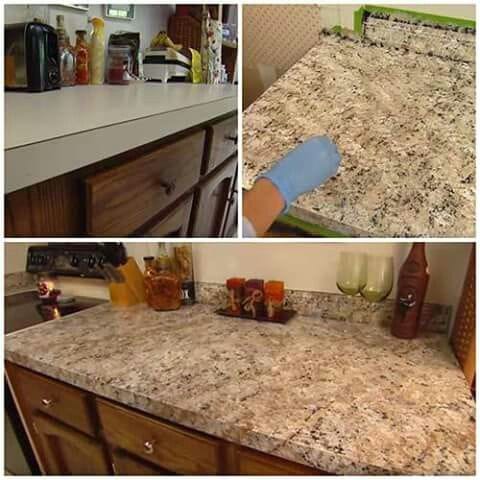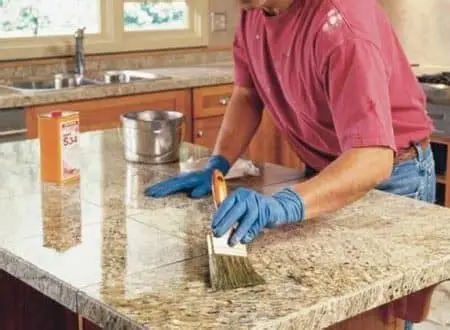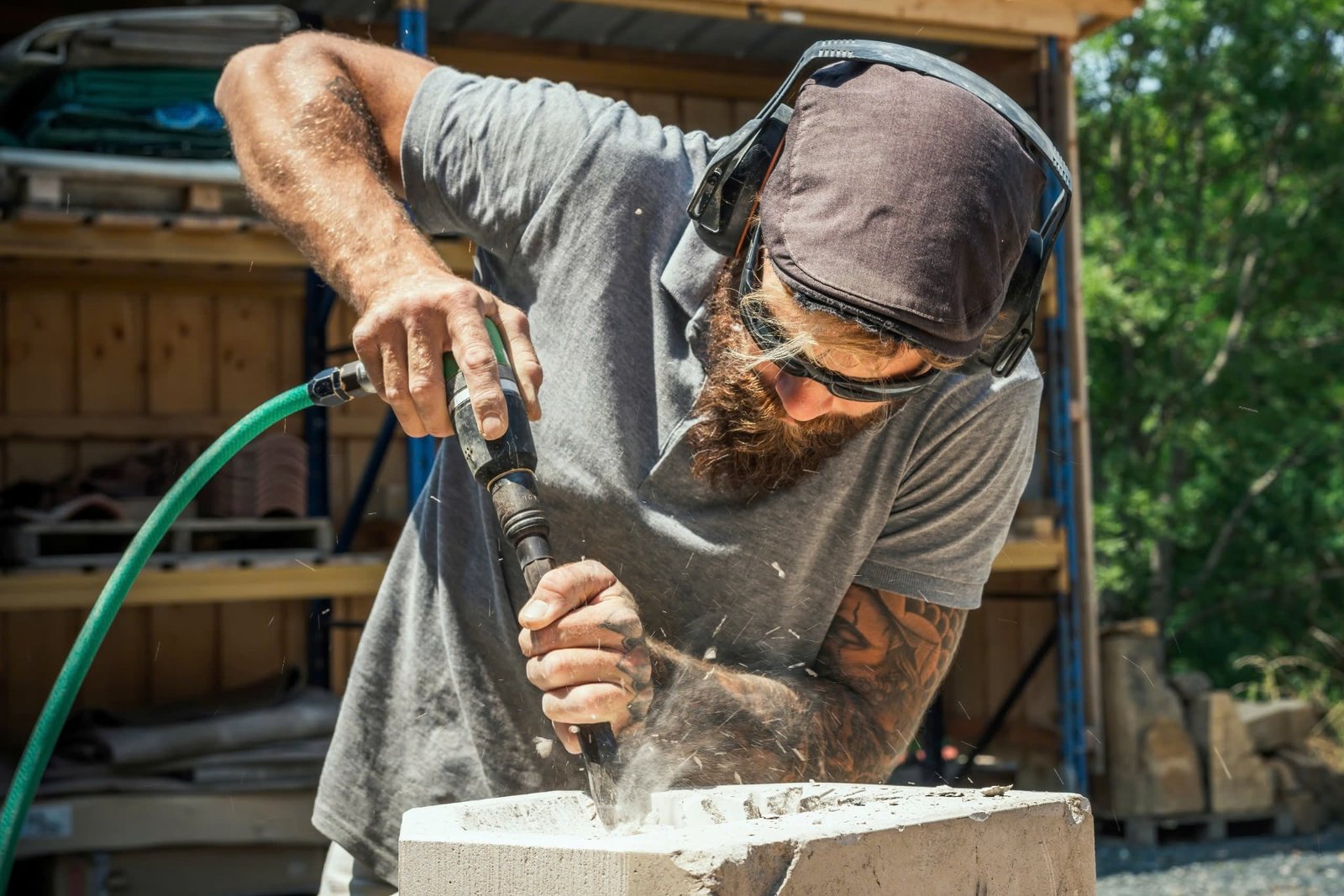
Granite countertops are a hallmark of durability and elegance in kitchens and bathrooms alike.
Granite countertops are a hallmark of durability and elegance in kitchens and bathrooms alike. From black granite countertops to the refined charm of white granite countertops, granite adds timeless appeal to any space. But to ensure its beauty lasts for decades, sealing granite countertops is essential.
Whether you have granite kitchen countertops, bathroom vanities, or granite slabs for countertops, this guide walks you through everything you need to know about sealing granite—when, how, and why.

Why You Need to Seal Granite Countertops
Granite is a natural stone, and although it’s dense, it’s still porous. Without proper sealing, substances like oil, wine, water, or acidic juices can seep in and cause staining or etching.
Benefits of Sealing Granite:
- Prevents water and oil penetration
- Enhances surface shine
- Helps resist bacteria and mold
- Extends countertop lifespan
Want to compare surfaces? Check out 👉 What Are Quartz Countertops?

How Often Should You Seal Granite Countertops?
The sealing frequency depends on:
- Type of granite (dark granite is less porous)
- Surface finish (e.g., honed granite countertops are more porous than polished granite countertops)
- Usage level (high-traffic kitchens may need resealing more often)
Quick Absorption Test:
- Drop a few drops of water on the countertop.
- If water darkens the stone within 5 minutes — resealing is needed.
What You Need to Seal Granite Countertops
- Granite sealer (penetrating/impregnating type)
- Microfiber cloths
- Gloves
- Granite cleaner
- Spray bottle (optional)
- Timer or stopwatch
Planning installation? Explore lifting solutions here 👉 Material-handling Equipment
Step-by-Step: How to Seal Granite Countertops
Step 1: Clean the Countertop Thoroughly
Use a granite-safe cleaner or mix mild dish soap with warm water. Avoid vinegar or ammonia-based cleaners.
👉 How Do You Clean Granite Countertops for Pesach?
Dry completely with a clean microfiber cloth before sealing.
Step 2: Apply the Granite Sealer
- Read manufacturer instructions.
- Wear gloves for safety.
- Spray or pour the sealer evenly across the surface.
- Use a clean microfiber cloth to spread the sealer in circular motions.
TIP: Don’t forget edges, seams, or under-mount sink lips.
Step 3: Let It Absorb
Allow the sealer to penetrate for 15–20 minutes (or as directed). Do not let it dry on the surface.
For dark colors like black granite countertops or blue pearl granite countertops, absorption might take longer. Be patient.
Step 4: Wipe Off Excess
After the wait time:
- Buff away excess sealer using a clean, dry microfiber towel.
- Avoid leaving any residue—it can become cloudy or sticky.
Step 5: Let It Cure
Curing usually takes 24 hours, depending on the product. Avoid water, oil, or food contact during this time.
Best Sealers for Granite Countertops
Look for:
- Impregnating sealers (penetrate beneath the surface)
- Food-safe formulas
- UV-resistant sealers (for granite countertops for outdoor kitchens)
Pros and Cons of Sealing Granite
✅ Pros:
- Enhanced protection
- Maintains natural color and shine
- Prevents costly repairs
❌ Cons:
- Needs periodic reapplication
- Improper application may lead to streaks
- Adds to the cost to install granite countertops
How to Maintain Granite After Sealing
- Clean with mild soap and warm water
- Avoid abrasive pads or acidic cleaners
- Use trivets and coasters
- Re-test seal annually
Want a deeper shine? Check this 👉 How to Keep Black and Dark Granite Countertops Clean and Shiny
Are Granite Countertops Still Popular in 2025?
Absolutely. With modern finishes like honed, leathered, or polished granite countertops, and a variety of colors like brown granite countertops and white granite countertops, granite continues to dominate as a top surface for:
- Affordable granite countertops for modern kitchens
- Natural stone vs engineered stone countertops
- Granite countertops with white cabinets
Where to Buy Granite Countertops at Wholesale Prices
When searching:
- Look for wholesale granite countertops suppliers
- Search granite countertops near me
- Visit granite countertop showroom [location]
- Hire local granite fabricators for custom cuts and sealing
FAQs About Sealing Granite Countertops
Q: Can I seal granite myself?
Yes! It’s a simple DIY task with the right materials and instructions.
Q: Do sealed countertops stain?
A good sealant protects against stains, but prolonged exposure to oil or acidic food can still leave marks.
Q: What if I skip sealing?
You risk staining, bacterial growth, and dulling over time, especially in high-use zones like granite bathroom countertops and kitchen prep areas.
Final Thoughts
Sealing your granite countertops is one of the best investments you can make for long-term durability and beauty. Whether you’re managing an upscale renovation with custom granite countertops, comparing granite vs quartz countertops, or simply trying to extend the life of your existing surface, this guide provides the foundation to protect your stone for years to come.

